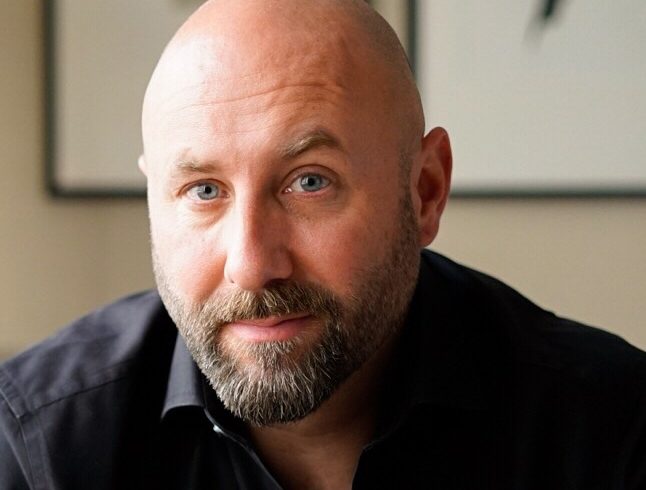HONG KONG — A controversial extradition bill that sparked months of protests in Hong Kong will be fully withdrawn, the territory’s chief executive announced on Wednesday, submitting to one of the demonstrators’ core demands.
Carrie Lam said in a televised announcement that the bill will be withdrawn “in order to fully allay public concerns” when the Legislative Council resumes. She promised “direct dialogue” with communities to hear their concerns but announced no other major concessions.
“It is obvious to many that discontentment extends far beyond the Bill,” she said in a translated transcript released by Hong Kong’s government. “Irrespective of our grievances, or the depth of discontentment towards the Government, we cannot agree or accept that violence is a solution to our problems.”
Her announcement followed violent demonstrations in the bustling shopping district of Mong Kok for the second day in a row, with police firing tear gas and bean bags while protesters threw bricks, bottles and eggs. No police were injured but one protester was taken to hospital with severe injuries, senior police officials said at a press conference Wednesday.
The demonstrations that plunged the former British colony into a political crisis began in June in response to the proposed bill which raised fears that the historic rights of Hong Kong’s 7 million residents were being eroded under Beijing’s rule, as it would allow criminal suspects to be sent to China.
Hong Kong became a special administrative region of China in 1997. Unlike those living in the mainland, residents of the territory can freely surf the internet and participate in public protests.
But in the subsequent weeks, the demonstrations have expanded from calling for the withdrawal of the extradition bill to include four other demands: the revocation of the word “riot” to describe the protest by authorities, the release of all protesters who have been arrested, an investigation into allegations of police brutality and universal suffrage for the chief executive and legislative council.
Many have also called for Lam’s resignation during the demonstrations.
Lam defended the government’s response to the demands on Wednesday, saying an independent review of police’s actions in the protests is already underway. She added that calling the protests “riots” doesn’t have any legal distinction and dropping charges against protesters would undermine the justice system.
Addressing the question of universal suffrage, she said it was the “ultimate aim” of the territory but can only be implemented within the existing legal framework and “without further polarising society.”
She also gave a stern warning against future violent demonstrations. “Our foremost priority now is to end violence, to safeguard the rule of law and to restore order and safety in society. As such, the Government has to strictly enforce the law against all violent and illegal acts,” she said.
For prominent pro-democracy activist Joshua Wong, who was among several protesters arrested and released on Friday, Lam’s comments were unsatisfactory. “Too little and too late now,” Wong said in a series of tweets, adding that Lam was “out of touch.”
In a recording made public on Monday, Lam told business leaders in a private conversation that her actions were responsible for the months-long protests and said she would quit if she could.
Lam made her first public apology in response to the unrest in June and announced in July that the bill was “dead” after a violent march that saw protesters storm the Legislative Council building. But her comments fell short of a formal withdrawal and have failed to quell demonstrations.
A total of 1,183 people have been arrested since the protests began, senior police officials said Wednesday. That includes 35 protesters between the ages of 14 and 39 detained during Tuesday night’s demonstrations.
Beijing has stepped up its propaganda attacks on protesters and made vague threats of potential military action.
Hong Kong has not seen this kind of turmoil since the pro-communist riots of 1967 when residents took to the streets calling for the end of British colonial rule.
Mac Bishop reported from Hong Kong, Linda Givetash reported from London.













